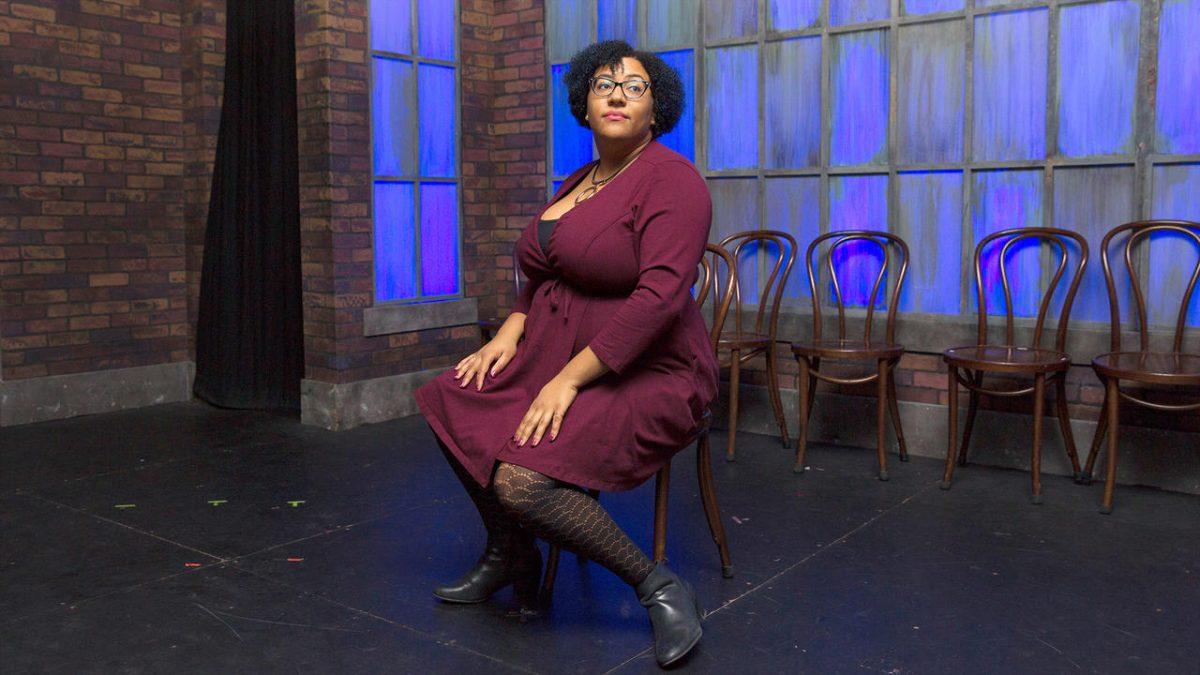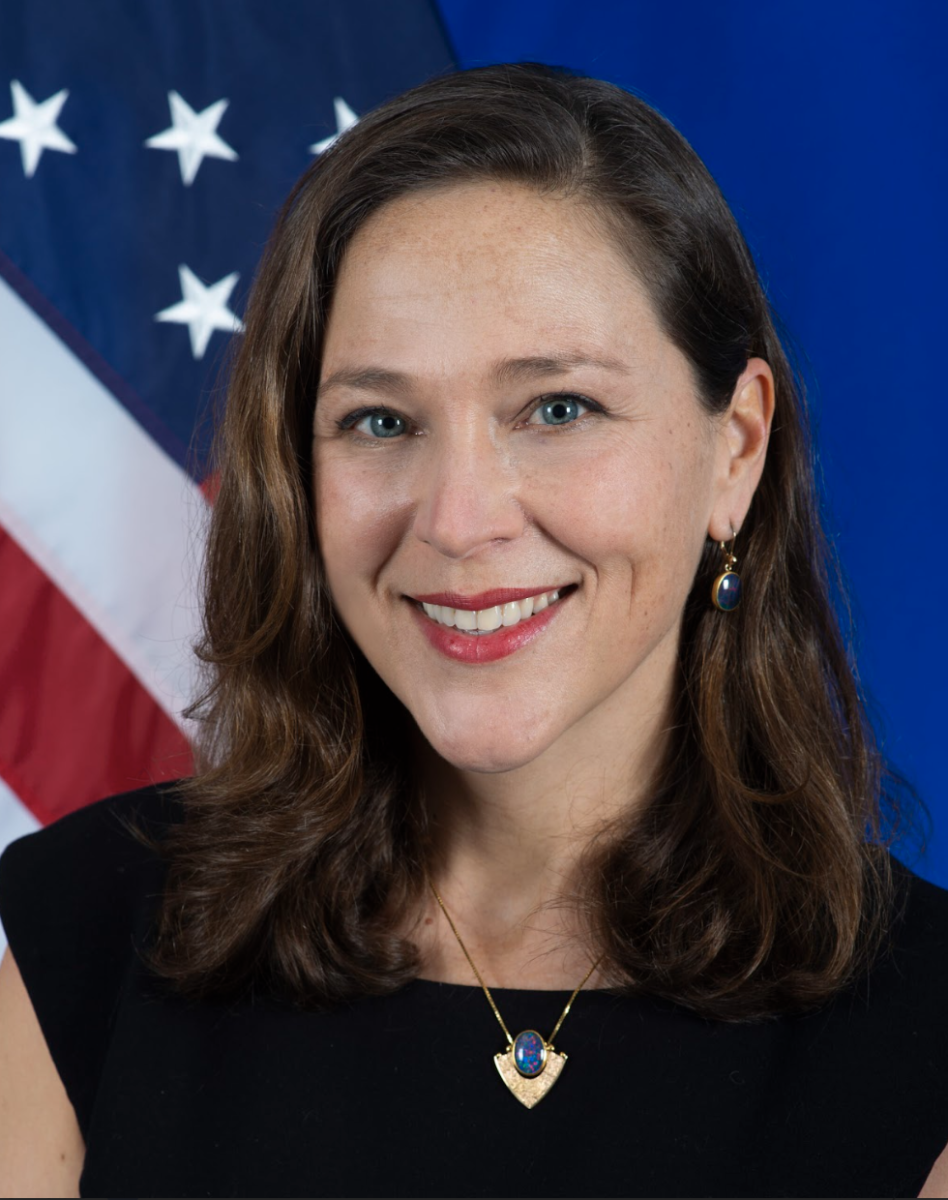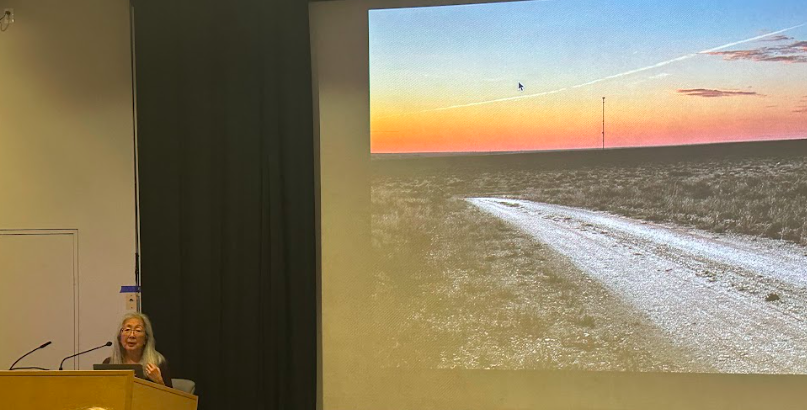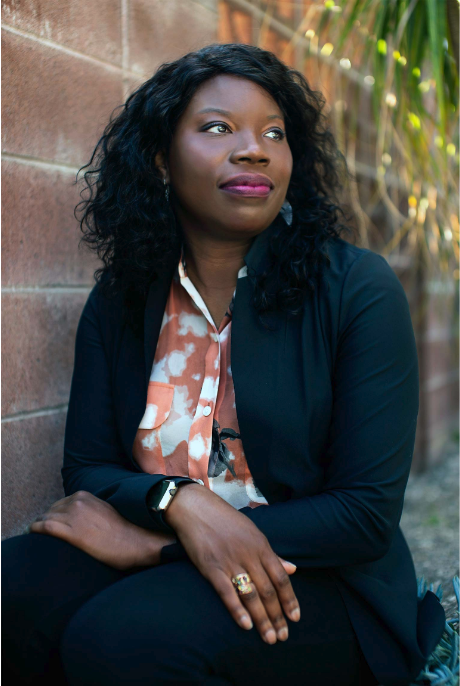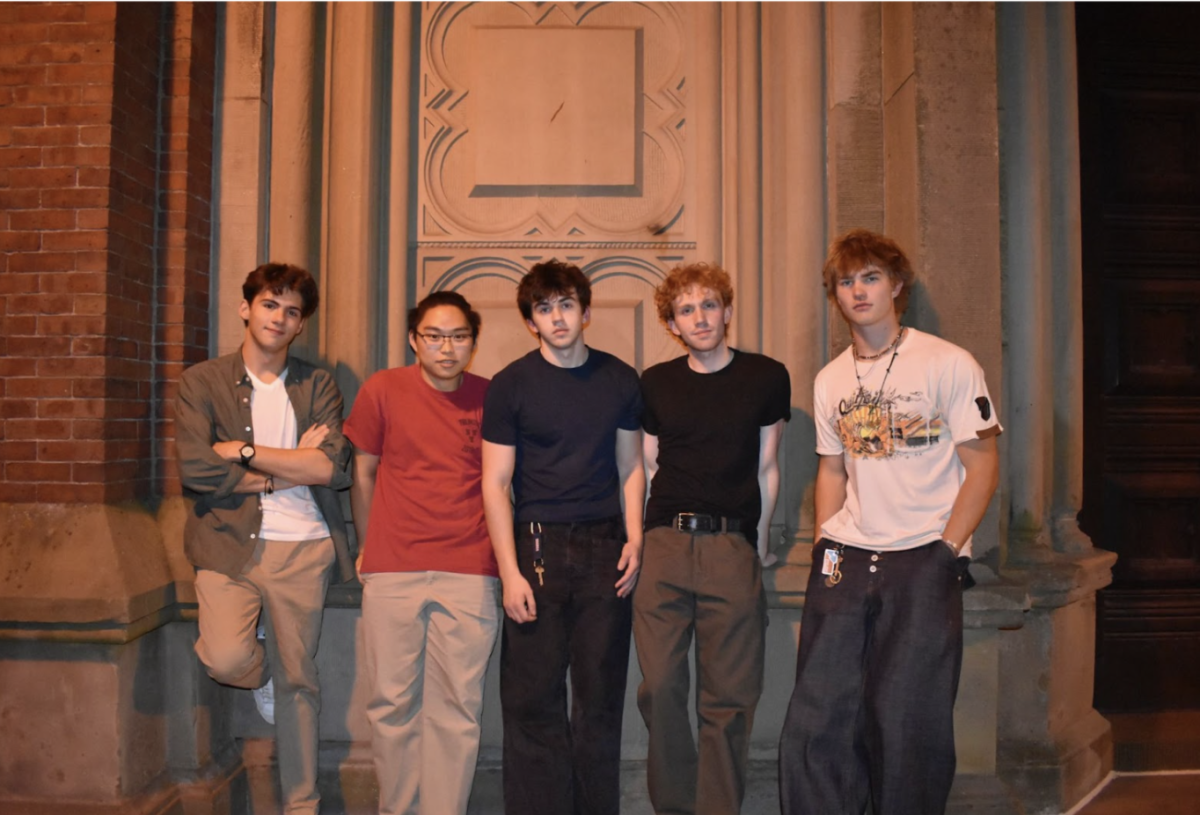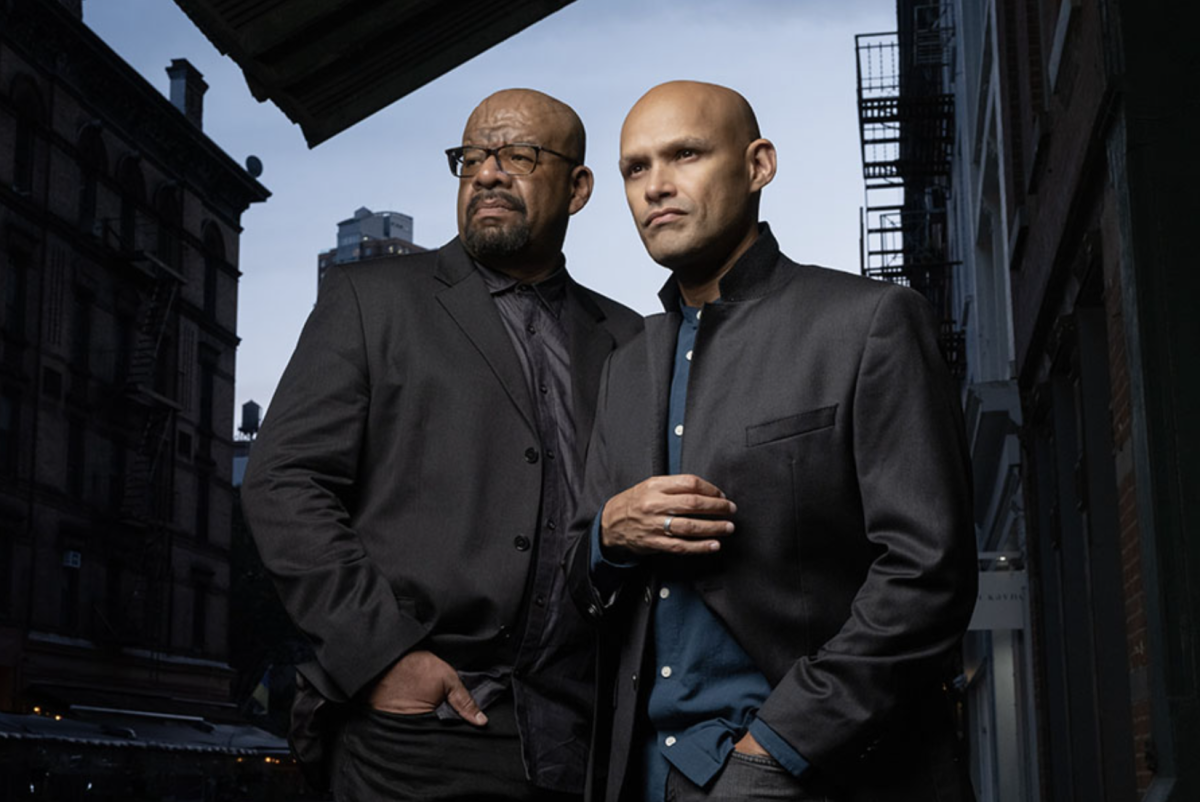Ali Barthwell ’10’s displayed Twitter name used to be “Ali Thee Emmy Nominee.” But now, it’s “Ali Thee Emmy Winner.” On Sept. 19, 2021, Barthwell won the Emmy for Outstanding Writing for a Variety Series, along with her fellow staff writers for “Last Week Tonight with John Oliver.”
She spoke to The News of her excitement and surprise at being nominated for and winning the Emmy. Barthwell described the experience as “pretty wild,” having never been nominated for “an award like that before.”
“Even being nominated was such a tremendous honor and seeing the other shows that I was nominated with. I had a lot of friends that were also nominated that night,” she said. “Then when we actually won, I just remember feeling really, really happy and really, really excited. It was sort of this moment to kind of be onstage and show out, and have everyone who works at the show’s work celebrated and have my work celebrated.”
Looking back at her experience at Wellesley, Barthwell recalled her first visit and the certainty with which she envisioned herself as a Wellesley student.
“I remember the first time that I stepped on the campus and I was like, ‘This is it. This is where I’m supposed to be,’” she said. “I really had that feeling from very early on, and I really loved being somewhere where it was about who we were as people, about our thoughts, about how we wanted to express ourselves. It felt [like] a very safe place to learn and explore and grow.”
For Barthwell, the interconnectedness of the Wellesley network carries as much power today as it did years ago.
“When I get to spend time with Wellesley friends, it feels like I’m speaking my first language again. It’s like that level of comfort and familiarity,” she said.
Barthwell credits her confidence in her skills as an actress to her time as a member and co-president of Dead Serious, Wellesley’s comedy improv group.
“When I was on Dead Serious, there was a sort of feeling that anyone can do anything,” Barthwell said, adding that feeling stuck with her even after graduation.“We were all women. So we’re gonna play everything, we’re gonna play the women’s part, we’re gonna play the men’s parts, we’re gonna play parts that aren’t defined, everyone can do anything.”
She reflected on the confidence and values that Wellesley imbues in its students, both of which have played a significant role in her journey leading up to winning the Emmy.
“Wellesley taught me the importance of finding my voice, nurturing it and then sharing it and being comfortable sharing my voice and my stories,” Barthwell said.
Barthwell also was a member of the faculty at Second City, where she began her career as a touring actor and improv comedian. She found that it made her think about improv with much more nuance.
She found that teaching had a reciprocal effect on her, challenging her to think about the lessons she had learned in different ways. One of them was how to deal with the responsibility and expectations of representation as a Black woman.
“Everywhere that I go, I’m a Black woman, and there are times that I can speak on that or not speak on that. But regardless if I’m speaking on it or not, I come in and certain people have assumptions and stereotypes about me,” she said. “Mining on the specificity of my life and my experiences has allowed me to satisfy that need for representation while being true to myself.”
Being true to herself is crucial to Barthwell. But when she’s writing for someone else, she has to keep a different vocabulary and perspective in mind.
“The way that I would say something as a Black woman is using my grammar. If I’m writing for someone who’s a white man, or a black man, or a group of people, I may not be able to use my grammar but I can still use my vocabulary,” she said.
For Barthwell, the best way to learn what worked and what didn’t when performing was to keep practicing, no matter how basic or unconventional.
“Figure out the thing that you want to do, and then find the free or cheap version to get you as many reps as possible,” she said. “Do you want to write a movie? We all have iPhones in our pockets. Can you shoot a bunch of short films with your friends with your iPhone as the camera?”
Barthwell also found that it was important to make sure her mental health did not rely solely on her creative outlet of performing.
“The thing that was really important for me was understanding that while performing and writing can feel therapeutic, it’s not a substitute for mental health,” she said. “I know my mental health would feel worse if I wasn’t performing, but that didn’t mean that performing was going to solve other mental health things that I’ve gone through and am still dealing with.”
Specifically for Wellesley students, her advice is to advocate for yourself.
“You’re at Wellesley,” Barthwell said. “You are better than any other white dude that is trying to do this, and he’s asking for more money, so you should ask for more money.”

